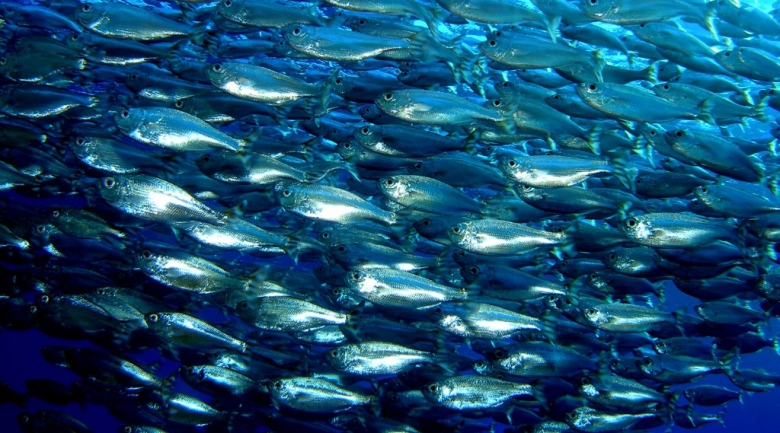
A study has found that, even when caught on a hook and wriggling, the fish is impervious to pain because it does not have the necessary brain power. The research, conducted by a team of seven scientists and published in the journal Fish and Fisheries, concluded that the fish’s reaction to being hooked is in fact just an unconscious reaction, rather than a response to pain.
Fish have already been found to have “nociceptors” – sensory receptors that in humans respond to potentially damaging stimuli by sending signals to the brain, allowing them to feel pain.
However, the latest research concluded that the mere presence of the receptors did not mean the animals felt pain, but only triggered a unconscious reaction to the threat.
The latest findings contradict previous research, which suggested that these nociceptors enabled the creatures to feel reflexive and cognitive pain.
In an earlier study done by the University of Edinburgh, rainbow trout were injected in the lips with an acid solution.
Researchers pointed to the fish’s behavioural changes, such as them rubbing their mouths on the gravel, and moving in a rocking motion similar to that seen in stressed mammals, as evidence of pain.
However, the new research, which reviewed a series of studies conducted over the years, discovered that only an extremely small number of “C fibres” – a type of nociceptor responsible for pain – can be found in trout and other fish.
Professor James Rose from the University of Wyoming in the US, who led the study, also found that the sh brain does not contain the highly developed neocortex needed to feel pain, so do not experience it in any meaningful way like humans.
He concluded that fish are able to experience unconscious, basic instinctive responses, but that these did not lead to conscious feelings or pain.
The trout’s reactions in the earlier study were therefore not ones of discomfort, as they lack the capacity to experience it, Prof Rose found.
The new research also referred to a study done on fish which were caught with a hook and then released.
